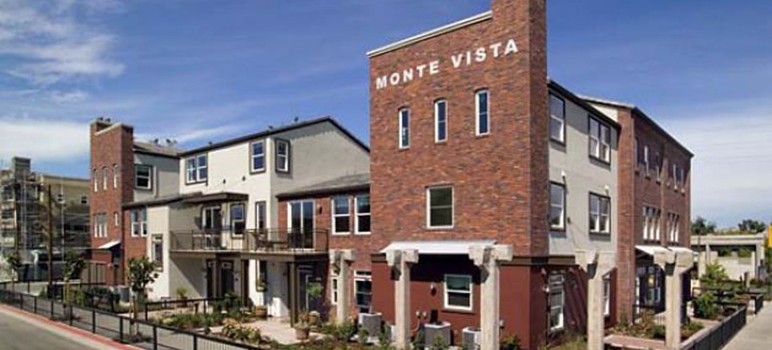Lax oversight has allowed people to take advantage of the city’s home loan help programs, according to an audit of the city's housing loan portfolio.
Applicants have secured loans by listing an unemployed underemployed roommate to lower the overall household income and qualify for first-time homebuyer’s help, according to the report by city auditor Sharon Erickson.
“Overall, we found inadequate documentation of income eligibility for all adult household members, such that we were not confident that some of the applications should have been approved,” Erickson states in her audit, which comes up for review at the City Council Tuesday.
About a quarter of the files she reviewed lacked adequate income documentation.
“We also found that the Department’s policy of allowing new household members to count in determining income eligibility for homebuyer loans exposes the city to the risk of abuse,” she adds. “In five of the 29 homebuyer loans we reviewed, we found that new unemployed or low-income earning household members were added to households which otherwise would not have qualified for the loans.”
The lapse in oversight is a problem, she continues, because it means families in greater need are being passed up. San Jose consistently ranks as one of the least affordable cities in the nation for rent and home buying. Last year, the median home price in San Jose was $720,000 while the median household income was $80,000.
City homeownership loans are meant to help people who wouldn’t be able to buy a home without public assistance. The low-interest loans are pegged for down payment assistance or for fixing up older homes.
“Six of these seven applications were submitted to the city by one particular loan agent,” the report states. “Five of the seven applications were submitted as newly formed households. In our opinion, it is likely that this loan agent understood and took advantage of the city’s loophole for new household formation.”
There’s also a considerable backlog of overdue loan payments for multi-family developments, the report continues. Erickson reviewed 12 of the 136 multifamily development loans and found that none had been recently checked and one project was past due by $240,000.
“This type of monitoring is important, not only to ensure loan repayment, but also to allow the department to maintain predictive cash flows for budgeting purposes,” Erickson writes.
More from the San Jose City Council agenda for June 3, 2014:
- After weeks of deferrals, the council will consider a set of regulations for medical marijuana clubs. The proposed rules would establish distance requirements for dispensaries—1,000 feet from schools, churches and community centers and 150 feet away from homes. It would also require that all medicine be grown on site in San Jose, prevent collectives from working together to boost product lines and ban concentrated cannabis.
- VTA bus service to and from the airport will cost the city $675,000 in the next year.
- The city’s eyeing millions of dollars in federal grants to repave runways, buy a new firefighting vehicle and install new signs at Mineta San Jose International Airport.
- A few council members would like to ban e-cigarette smoking from all city properties.
- Prospect Silicon Valley, a clean tech company, wants to lease some of the city’s new Environmental Innovation Center.
WHAT: City Council meets
WHEN: 1:30pm Tuesday
WHERE: City Hall, 200 E. Santa Clara St., San Jose
INFO: City Clerk, 408.535.1260


The City should not be in the home loan business. Period.
They absolutely should have nothing to do with making home loans. I hope the city auditor gives a figure for how much the city has loaned, how much is still owed, and how much money the city has lost in defaulted loans. The city should also not be in the business of loaning money to build low income housing, or putting money into run down hotels for transients, as this city council has done.
> Lax oversight has allowed people to take advantage of the city’s home loan help programs, according to an audit of the city’s housing loan portfolio.
Gee! You think!
People who are surprised by this should not be able to appear in public off leash.
Not to mention that they should not be allowed to be within 1,000 feet of the spending of any tax payer dollar or of any voting booth.